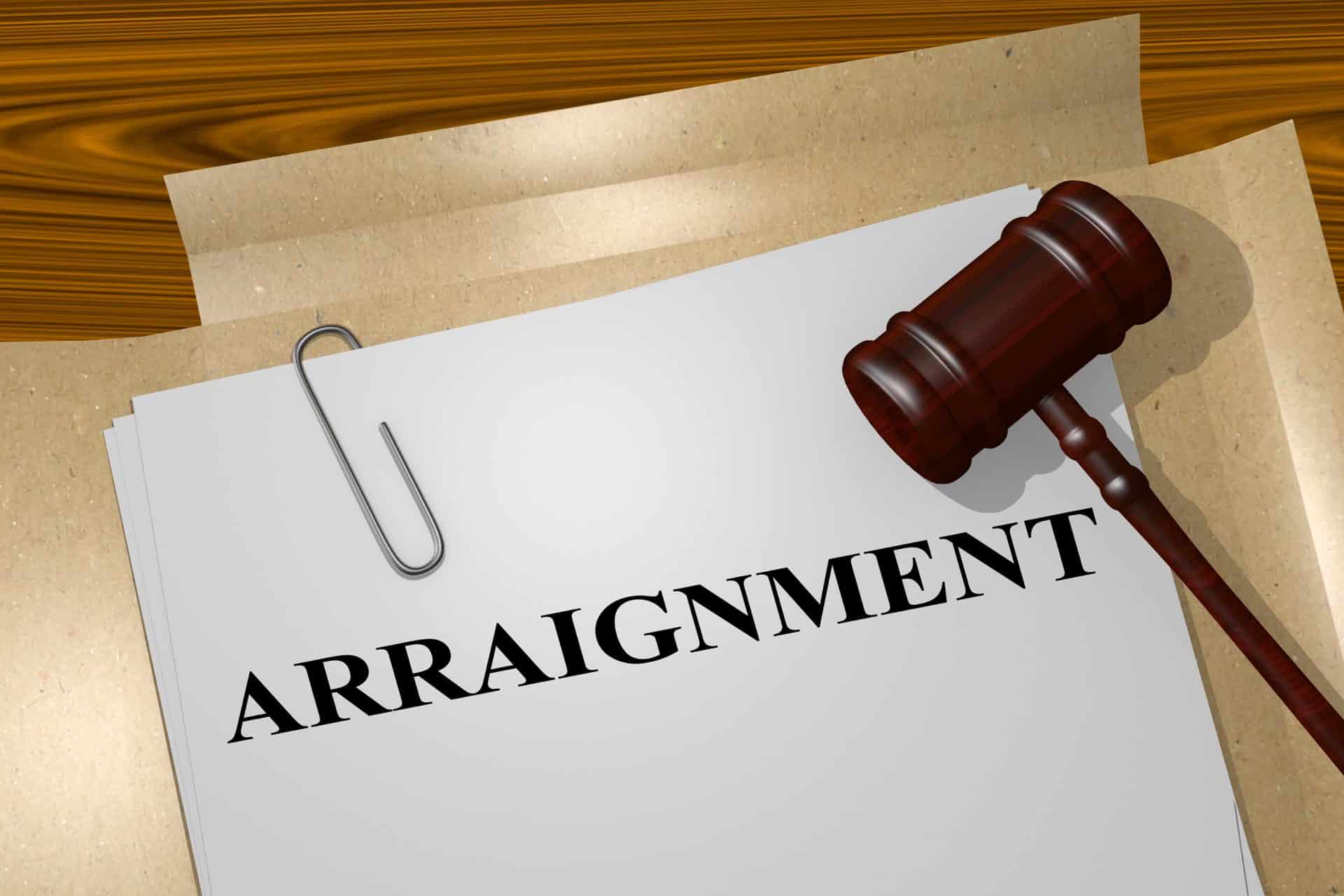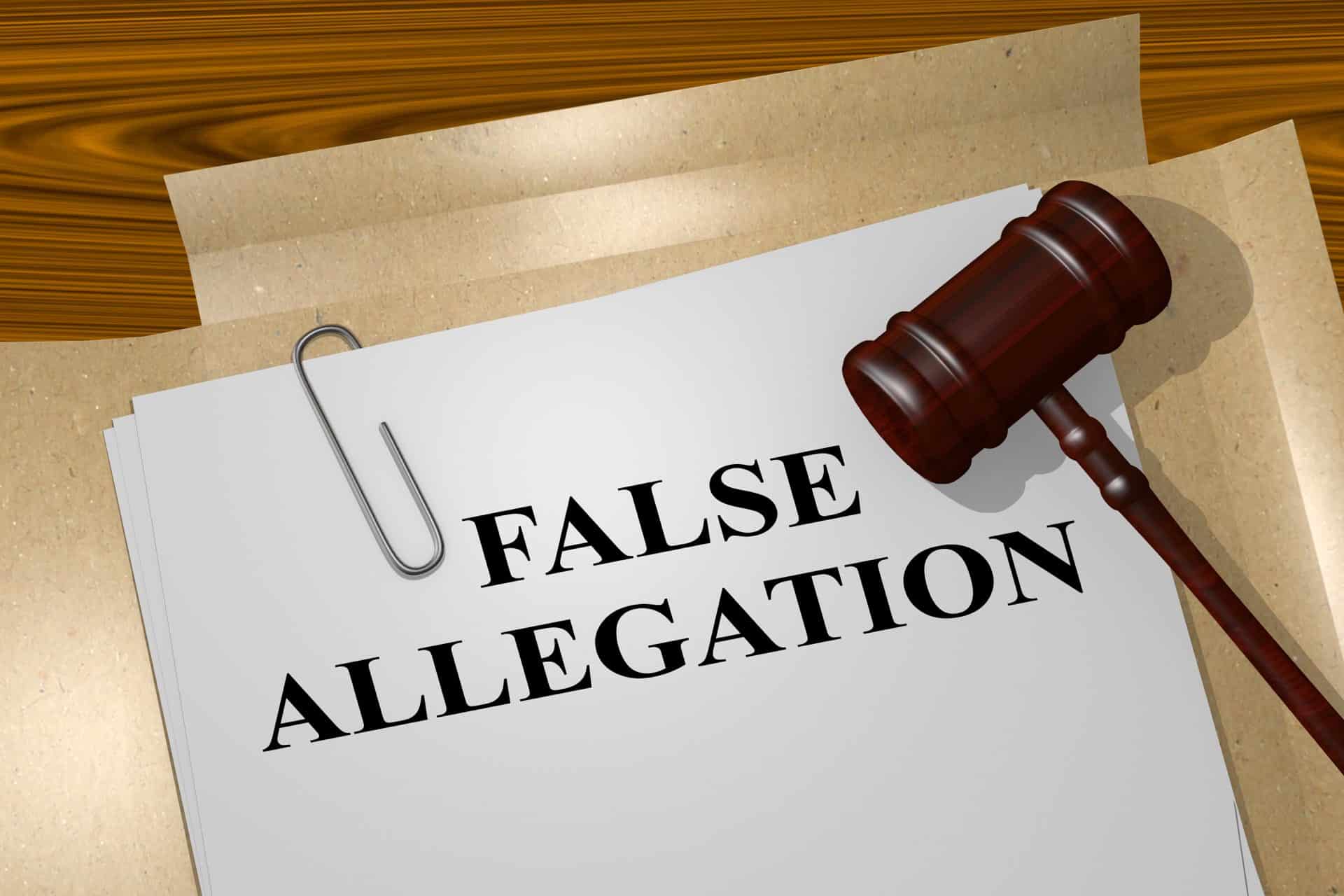
If law enforcement arrests you on theft charges, it’s natural to wonder what potential consequences you could face. Like most states, Texas classifies theft offenses according to the value of the stolen property or services. Here’s what you need to know about the interplay between Texas theft laws and the value of property to give you a better understanding of the possible consequences of a theft conviction in Pearland or South Houston.
How Texas Law Defines Theft
According to Title 7, Section 31.03 of the Texas Penal Code, “A person commits an offense if he unlawfully appropriates property with intent to deprive the owner of property.” The statute continues to define appropriation of property as unlawful when: “(1) it is without the owner’s effective consent; (2) the property is stolen and the actor appropriates the property knowing it was stolen by another; or (3) property in the custody of any law enforcement agency was explicitly represented by any law enforcement agent to the actor as being stolen and the actor appropriates the property believing it was stolen by another.” Common examples of theft offenses include shoplifting, receiving stolen property, stealing a firearm, and more.
Classifying Theft Crimes According to the Property’s Value
Several factors influence the type of theft crime you may face. Penalties can range from a Class C misdemeanor charge to a first-degree felony charge, depending on the value of the property involved and, in some cases, the nature of the property. The lowest-level theft charge is a Class C misdemeanor offense associated with the theft of property valued below $100. If convicted, you will likely not face jail time, but you may have to pay up to $500 in fines. As the value of the stolen property increases, the severity of the theft charge elevates. For instance, stealing property valued at $300,000 or more can lead to first-degree felony theft charges, carrying a $10,000 fine and imprisonment ranging from five to 99 years.
Enhanced Penalties for Theft Crimes
You can face additional penalties if certain conditions are met. For instance, if the stolen property belonged to a public servant, a nonprofit organization, a person aged 65 or older, or under the control of a Medicare provider, the initial offense level will automatically increase one level (i.e., a third-degree felony becomes a second-degree felony). Theft charges can be challenging to navigate, so reach out to an experienced South Houston criminal defense attorney as soon as possible to discuss your situation and defend your rights and freedom.
If you are facing theft charges in Pearland or South Houston, call Keith G. Allen, PLLC, today at (832) 230-0075 to schedule a free consultation with a trusted criminal defense lawyer.





